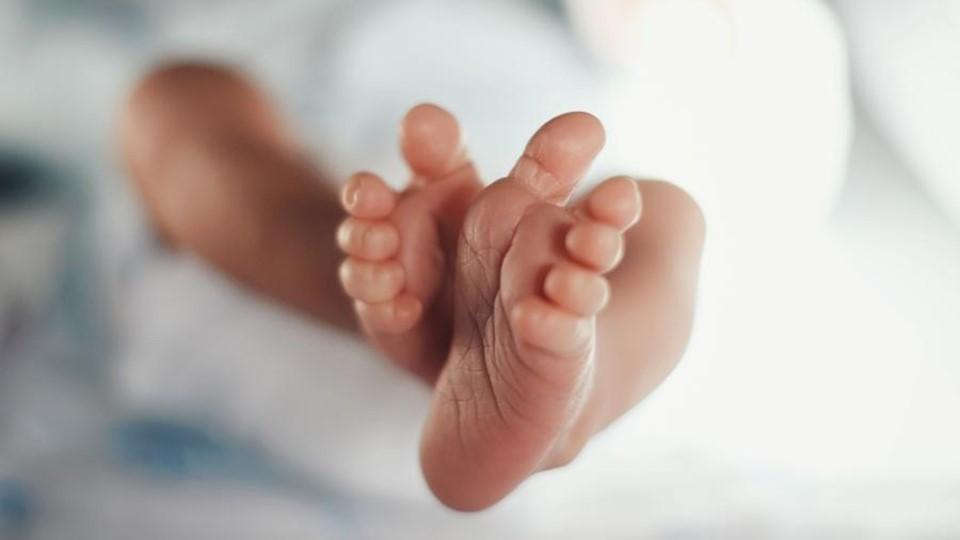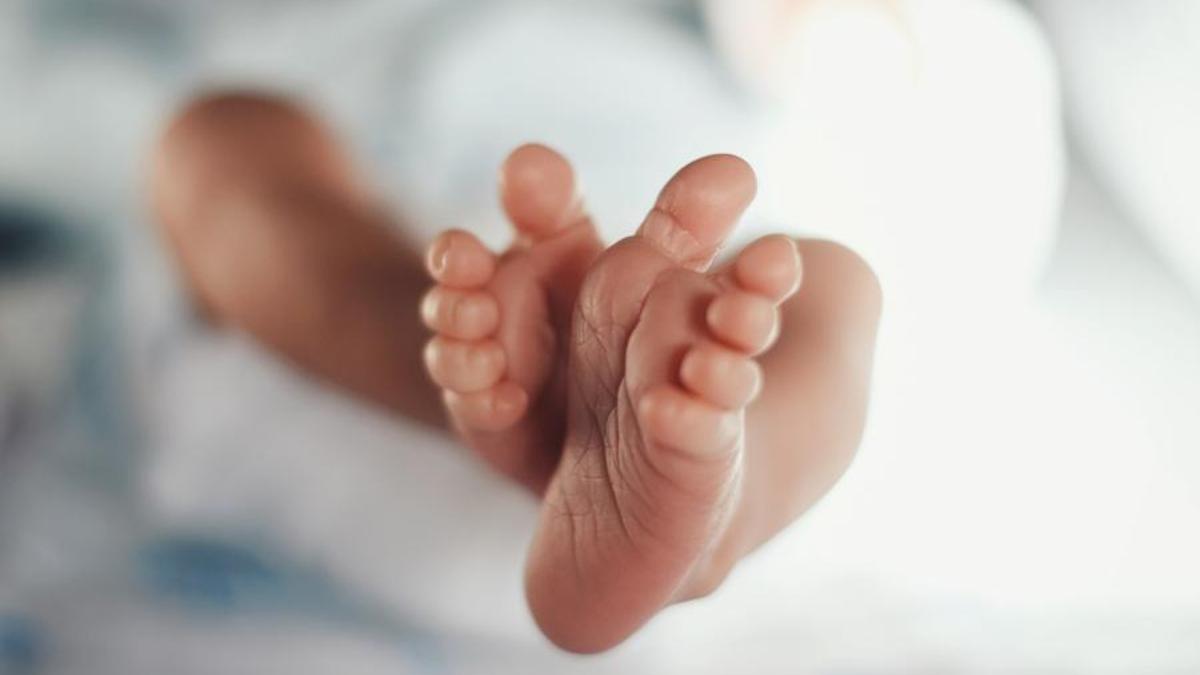Beyfortus cleared by FDA for RSV prevention in infants

Sanofi’s plan to become a dominant player in the respiratory syncytial virus (RSV) market has moved a step closer, with FDA approval of Beyfortus for the prevention of RSV disease in infants.
The US regulator has cleared the one-shot monoclonal antibody to prevent RSV lower respiratory tract disease in newborns and infants born during or entering their first RSV season, as well as for children aged up to 24 months who remain vulnerable to severe RSV disease through a second season. It has also been approved in the EU, UK, and Canada.
AstraZeneca-partnered Beyfortus (nirsevimab) is the first RSV prevention medicine that can be used in all infants and has greater efficacy than the only current therapy – Sobi’s Synagis (palivizumab), which is restricted to use in newborns and infants at elevated risk of RSV complications and has to be dosed monthly.
Beyfortus is expected to eventually supplant Synagis, although Sobi’s antibody isn’t its main competition. That will come if the FDA approves an RSV vaccine developed by Pfizer that is given to women during pregnancy in order to transfer immunity to their babies.
Pfizer filed its RSVpreF shot in February, seeking a label for the protection of RSV complications in infants from birth through six months, and the FDA is due to deliver a decision on the application in August. RSVpreF is already approved to prevent RSV in older adults as Abrysvo, competing in that category with GSK’s Arexvy.
The question is whether there is room in the market for more than one RSV prevention option for infants and, if not, which will become the dominant player.
Sanofi sees Beyfortus and a pair of experimental RSV vaccines as a key part of its ambition to more than double its vaccine sales to €10 billion or more by the end of the decade and is convinced its antibody approach is superior.
The company recently presented modelling data based on a real-world study that suggested Beyfortus would prevent three times as many RSV events as a maternal vaccine, reducing annual hospitalisations by 291,000 and 90,000, respectively.
Approximately 1% to 3% of children under 12 months of age in the US are hospitalised each year due to RSV, according to figures from the American Academy of Paediatrics.
The familiarity of clinicians with the use of antibodies for RSV prevention may also stand in the antibody’s favour, along with a possible higher preterm birth rate with Pfizer’s vaccine, which was highlighted at an FDA advisory committee meeting. GSK abandoned the development of its vaccine for maternal use after seeing a rise in preterm deliveries.
The Beyfortus approval has been granted to AZ, which originated nirsevimab, but Sanofi is taking the lead on Beyfortus commercially. Sobi also has a profit-sharing interest in the new drug, as part of a 2019 agreement with AZ covering US rights to Synagis.
The antibody will be launched later this year, in time for the upcoming RSV season, but there's no word yet on its price.












